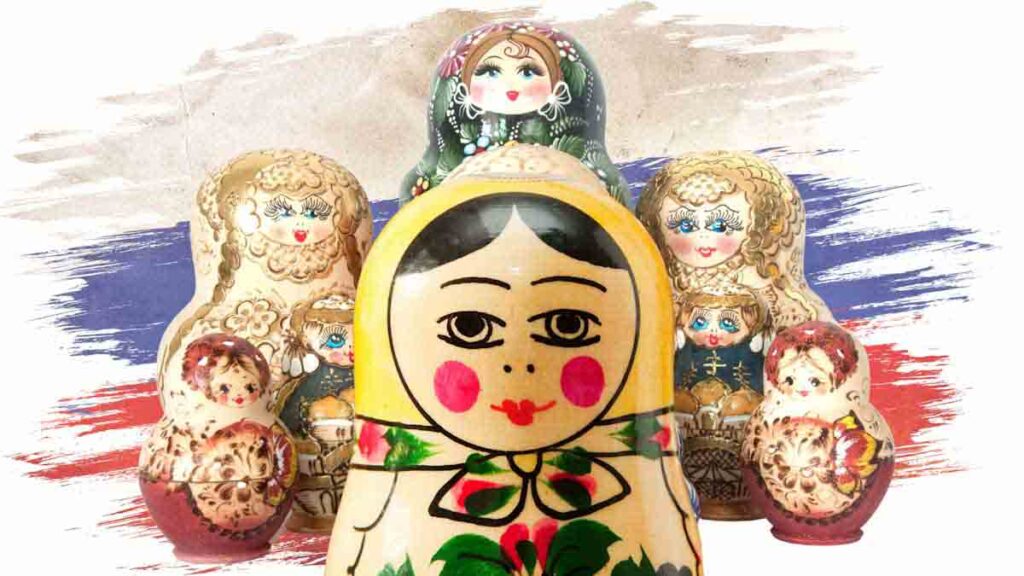
I first wrote “Happiness in Russia” on 31/01/2018, 4 years before the invasion of Ukraine by Russian forces. However, given the uncertain nature of the conflict, I tried to maintain as much of the original post as possible. I believe that most of the information is still relevant today and should not be influenced by current events.
Therefore, when I think of happiness in Russia, I think of a country where people may be unhappy due to their culturally learned pessimism.
Thus, I am not saying that I dislike Russia, that Russians do not want to be happy, or that Russia was voted the unhappiest country in the world on some happiness scale (it is ranked #74 out of 137 countries on the World Happiness Report in 2023).
Rather, I consider Russians to be culturally unhappy because they have learned to be unhappy over the years. There seems to be a certain level of grimness, unfriendliness, and discontent that has slipped into their culture, creating a national sense of identity recognized on an international level, which is especially noticeable to people who are visiting Russia for the first time.
(Un) Happiness in Russia With Locals
I regularly meet people who speak the Russian language but are not necessarily Russian. They can be people from Ukraine, Belarus, Kazakhstan, and many other former Soviet countries, which are deeply influenced by Russian culture.
In Russia, these people are often referred to as “foreigners” and are often looked down upon. However, abroad, they are seen as fellow Russian speakers and are considered to be the same. Generally, all these countries share many similar characteristics, which is why when we speak of happiness in Russia, we are also referring to happiness in these ex-Soviet Russian-speaking countries.
Moreover, this article was rewritten several times as a result of numerous discussions with Russian speakers (2018 edition), sparking heated debates which ultimately led to the improvement of the content of this post and this blog as a whole. I even revisited Russia (many years before 2018) to confirm that everything written here is accurate and relevant.
Culture is a Slow Changing Bear
Today, technology has transformed the world into a global economy unlike anything seen before. It connects us globally and influences us in almost every aspect of our lives, even reaching the most isolated areas of the world.
Russia has also undergone significant progress in the past decade due to this global trend. However, as mentioned earlier, culture is slow to change, and people’s minds often take longer to adapt to new realities.
Therefore, even when Russians are abroad and may seem friendly, they often think in terms of “every man for themselves.” This can sometimes result in visible distrust of others and occasional metaphorical stabs in the back, even when such behaviour is completely unnecessary.
They don’t consider how their actions or words may affect others emotionally, as they frequently disregard their own negative feelings in a stone cold manner. This doesn’t mean that they replace feelings with pure logic. It is more of a middle ground, where they navigate a new world with an old mentality.
I must clarify that not all people are like this, but I have encountered enough individuals with this mindset to make me cautious. It seems that people learn this behavior from one another, which is why we refer to it as culture. It is passed down from generation to generation, almost like a Cold War mentality, and people live in a constant state of distrust, vigilance, and negative attitudes towards each other and the government.
They have learned to adopt this mindset in order to survive in the past, and history seemings to proven them right again and again, so they continue to maintain this old attitude even when the world seems to have moved on into a new world order.
The Cold War Which Follows Russia to This Day

Old habits die hard, and this is certainly true for Russians who carry their old traumas into the present day. Throughout history, Russia has had ruling parties that have not always had the best interests of their people in mind.
For example is Joseph Stalin, who executed over 700,000 Russian people during his time in power; Grigori Rasputin, a Russian mystic and doctor, gained considerable influence with Nicholas II but ultimately killed him with poison; and Ivan The Terrible earned his dreadful title due to the fear he instilled in both his subjects and foreign enemies.
This problematic leadership has bred a deep distrust among Russians towards their leaders and fellow citizens. The ability for neighbors to easily report one another to the authorities has often resulted in dire consequences. This inherent suspicion of others is still evident in Russian society today.
For instance, when entering local bars or restaurants, I often notice people speaking in hushed tones or lowering their voices, even when their conversations are not particularly noteworthy. Presumably, this behavior stems from an ingrained reflex for self-preservation.
Russian Literature Carries Past Traumas
Also, in addition to my visit to Russia, I decided to read some classical Russian literature and books that explain modern Russia. One such book was “Understanding Russia” by Lynne Ann Hartnet, an Associate Professor of History at Villanova University, where she teaches courses on Russian history.
In this book, the author reveals that many famous Russian writers, like Leo Tolstoy and Alexander Pushkin, wrote about the negativity of their times. For them, writing was one of the few ways they could express their views on the negative aspects of their lives and the state of affairs in Russia, without being persecuted.
To this day, Russians are born and raised on these popular old books, yet they often fail to understand the context in which they were written. As a result, some of the most popular books in Russian literature are infused with a seriously negative undertone. Consequently, this pessimistic outlook is reflected in the national mentality and their culturally learned pessimism.
Country of Negative Reinforcement
As you may have heard from psychology, people respond better to positive reinforcement, things like compliments, praise, and overall positively framed messages. However, Russians somehow missed this lesson, sticking to the old “you are less than dirt on my boot, now prove me wrong.”
Indeed, as in one joke I heard, Russians beat other Russians, so other countries stay afraid of them (ей своих, чтобы чужие боялись). And what do they say about jokes, if not that they have a part of the truth inside them.
Indeed, negative reinforcement seems to be the norm in Russia, and people have gotten used to others being mean to them without a really good reason. This is just how things are, how everyone talks to everyone else, and what people expect. Indeed, when people are positive and happy, and they aren’t using negative reinforcement, this just confuses people, who attribute positivity to delusion and momentary madness.
Of course, there is nothing pretty about having all this negativity around, as studies repeatedly show that happier people outperform their negative counterparts in almost every aspect of life, such as productivity, creativity, health, wealth accumulation, emotional intelligence, emotional well-being, being social, being better human beings, having fewer addictions, and so on.
And while Russians have learned to accept and operate in negativity as their day-to-day norm, it still has a visible effect on people’s internal (their psychological states) and external lives (excessive alcohol consumption and misattributing, thinking in terms of money and power, rather than what will make them the happiest).
Doing Business in Russia
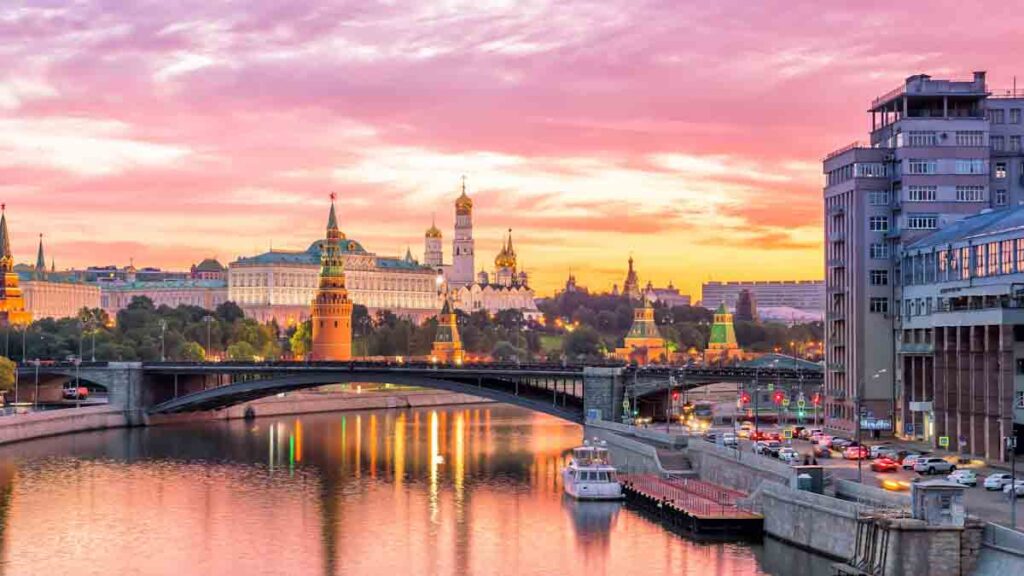
If you ever go to a store or business meeting in Russia, you will be met with some of the most serious faces on Earth. Why? Because it is ingrained in their culture to be “serious.” In fact, it is believed that smiling during business transactions portrays weakness and unprofessionalism, which could make one vulnerable to being taken advantage of by others. As a result, Russians associate seriousness and negativity with strength, even though this may not align with the what we teach here at Optimal Happiness.
It actually requires strength, energy, and courage to maintain happiness, especially when surrounded by constant negativity (and I’m not only referring to Russia here). The perceived toughness of Russians is merely a façade, as many individuals hide their worries, insecurities, and traumas behind a mask of strength. True strength lies in cultivating and maintaining happiness, which is a much more powerful indicator of strength and prosperity.
Therefore, when interacting with Russians, it is beneficial to understand and appreciate their culture. This will aid in effective communication. It is similar to conversing with French people and realizing that their perceived “arrogance” is actually a reflection of their “revolutionary” culture. They may come across as arrogant from an outsider’s perspective, but within their culture, they see this attitude as completely normal and acceptable.
The same concept applies to Russians. Looking past their outward displays of negativity and aggression will allow you to see them as human beings. However, it is important to remain cautious. Just because you understand how a bear behaves doesn’t mean it won’t bite you, so maintaining a cautious optimism is the best approach.
Culturally Learned Optimism
To counteract the culturally learned pessimism in Russia, it is worth examining the culturally learned optimism in Canada. Canadians are generally known for being happier than people in other parts of the world, which can be attributed to their cultural upbringing. This happiness is not innate, but rather a result of their upbringing.
While there are certainly negative individuals in Canada, positive individuals exist in Russia as well. However, they are more of an exception than the norm. This is a positive development, as it suggests that optimism and pessimism can be learned and taught. It is not even necessary for all Russians to migrate to Canada to experience happiness. Rather, it is possible to cultivate happiness, such as by taking Optimal Happiness course.
Furthermore, Russians who have had exposure to other cultures through travel or living abroad often report feeling significantly happier compared to their time living in Russia. This indicates that the local negativity in Russia can dampen one’s mood, even for visitors.
On a personal level, these experiences have reinforced my belief in the effectiveness of Optimal Happiness, as during my visits to Russia, Russians constantly tested my positivity and happiness teachings. Fortunately, I can confidently say that happiness can thrive even in challenging environments like Russia, as long as one grasps the basic concepts of happiness
“But Russia Is Not So Bad” – Some People Say
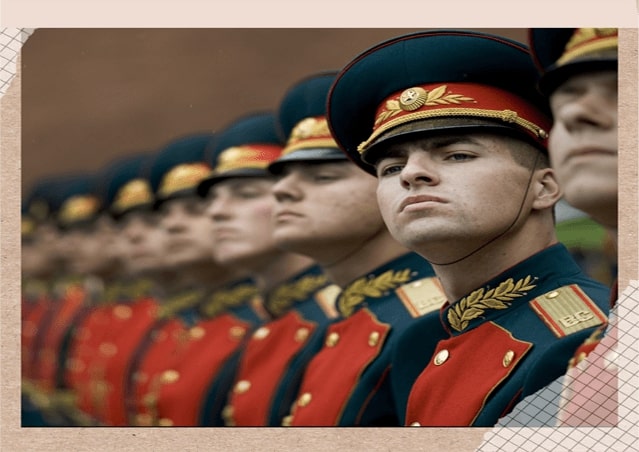
“Don’t be so harsh! I am from Russia / I’ve been to Russia / I have Russian friends, and they are not victims of culturally learned pessimism,” some people will say.
I will be the first person to admit that for every rule, there is an exception, and I am rather harsh with Russian stereotypes. Yet, there is truth in every stereotype, as much as there is truth in every joke.
Thus, when I share my findings with fellow Russians, including the theory of culturally learned pessimism, I often get mixed reactions. Some people say that I am exaggerating. They say that this negativity is just isolated cases, and locals smile and laugh much more than they used to. However, they later admitted that while things did improve, most Russians are still considered very serious compared to people from other countries in the world.
Conversely, other people agreed that despite occasional smiles and laughter, most Russians are still quite grim, adding that you only need to go into a local train or metro station to see how true this is. Moreover, I was told that people predominantly feel happy in big cities like Saint Petersburg and Moscow. There, people have higher purchasing power and access to the same products and services we have in Europe and the USA. However, if you go to smaller cities or villages in Russia, you will find them full of grim and unhappy people.
A Story of a Model, Bouncer, & Gold Digger
In addition to everything stated above, I am going to discuss another Russian stereotype that may not apply to everyone, but is worth mentioning. This stereotype involves models, gold diggers, and bouncers. When I refer to models and gold diggers, I am referring to women, and when I mention bouncers, I am referring to men.
Many Russian women are beautiful, resembling models, but unfortunately, many of them are also poor in terms of their average level of income. As a result, some of them have developed tactics to improve their lives, such as seeking out the richest and most successful men, offering them their beauty in return for these resources, often sacrificing other personality traits like a balanced personality, sense of humor, and overall social skills. This has led to them being perceived as materialistic and fake, playing into the stereotypes of models and gold diggers.
On the other hand, men have traditionally been the breadwinners and have tried to maximize their stereotypical qualities such as money, status, and power. They have adopted a cutthroat mentality to acquire these qualities, becoming harsh, rude, and physically imposing. This is why I often joke that models are often paired with bouncers in Russia.
Overall, these stereotypes do not apply to everyone in Russia, and similar stereotypes exist in other parts of the world as well. However, they still persist especially in Russia. While these tactics may bring temporary success, they ultimately make both men and women superficial, incomplete, and unsatisfied with their lives. It seems that the only way to “win” in this system is to either become extremely wealthy or extremely attractive.
Russian Invasion of Ukraine
At this point, it is still hard to say how the war will ultimately affect happiness in Russia, but a few things are already visible. On one side, we are seeing sanctions being imposed on Russia by many governments around the world. On the other side, Russia is entering into another cycle of self-isolation from the rest of the world, seeking to create new alliances with other BRIC countries (Brazil, Russia, India, and China), trying to overturn Western dominance, that has been already on decline for some time now.
This affects everyday Russians as it reduces their purchasing power, access to some international products, and their ability to escape the cold, as they are no longer welcome on the beaches in the south of France (at least for the time being). Furthermore, Russians are reporting becoming victims of Russiaphobia, as they fear that others will think poorly of them, even though they personally didn’t do anything wrong. This creates yet another group of people for us to disrespect, distrust, and look down upon, such as it is already the case with women, LGBT, people of color, etc.
Ultimately, only time will tell how all of this will play out, which is why I will leave this topic as it is for the time being.
Escaping Unhappiness in Russia
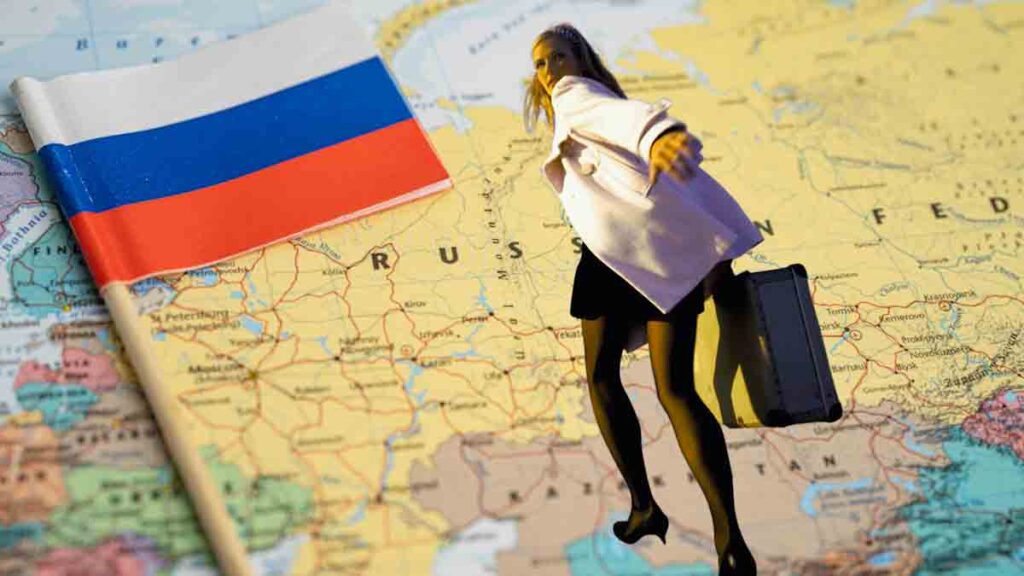
From the perspective of happiness coaching, Russians surprisingly prove to be one of the most interested and open to changing their lives for the better. This is probably because of the culture behind Russian literature, philosophy, and the desire to change their status quo for the better.
In this way, most Russians can’t fully escape the past traumas they have accumulated and have been dealing with for generations, but this doesn’t mean that they have to continue playing by the same rules. Indeed, the few clients, friends, or acquaintances I’ve introduced to the science and art of happiness have reported the fastest and most profound results.
And although it is unlikely that this blog alone will transform happiness in Russia, on an individual level, I see a lot of promise and potential, perhaps even with other cultures, as with others, the work has to be more subtle, but with Russians, it can be straight to the point, faster, and more direct.
So while mother Russia has been raising its children in a misty fog of cultural unhappiness, I want to leave you with a message of hope. People can still find their version of Optimal Happiness and perhaps even manifest a smile on their grim faces even in the middle of a cold Siberian winter.
Stay happy and drink vodka!








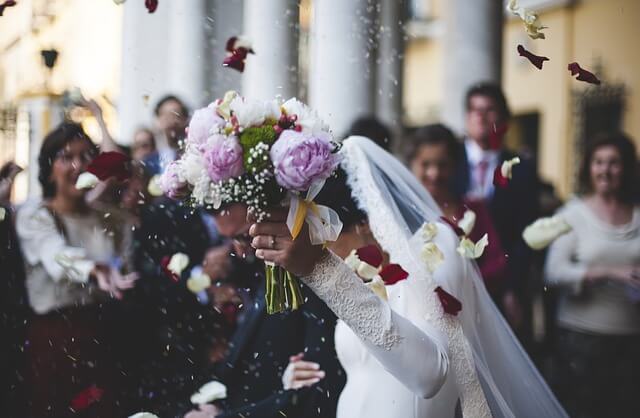







2 thoughts on “Happiness in Russia: A Culture of Learned Pessimism”
Pingback: Most Common Objection to Optimal Happiness
Pingback: Happiness Body Language (With Examples!)